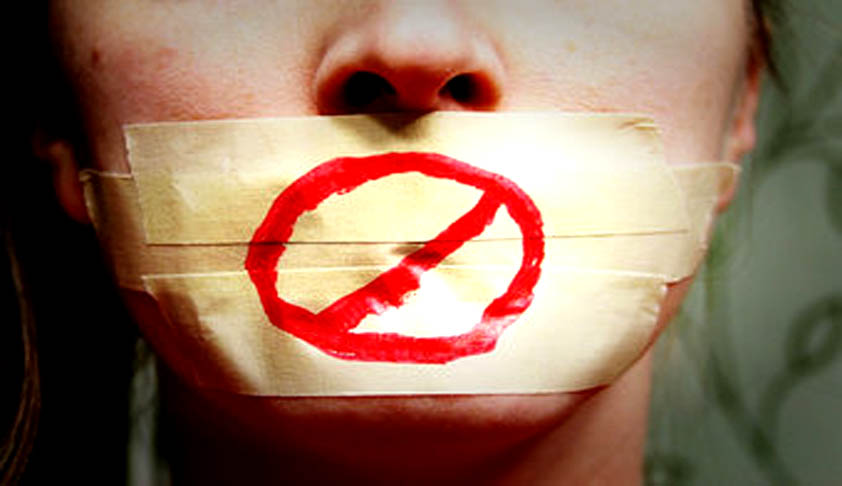- Home
- /
- Top Stories
- /
- Govt seeks Law Commission’s view on...
Govt seeks Law Commission’s view on decriminalization of defamation
LIVELAW NEWS NETWORK
12 April 2015 4:53 PM IST
The Central Government has reportedly sought a report from the Law Commission whether defamation should be decriminalized before responding to the Supreme Court which has asked it to file response in four weeks in a petition filed by Subramaniam Swamy. The Law Commission had held a consultation on the subject and a report dated 1/5/2014 on its website says "respondents overwhelmingly...
Next Story



